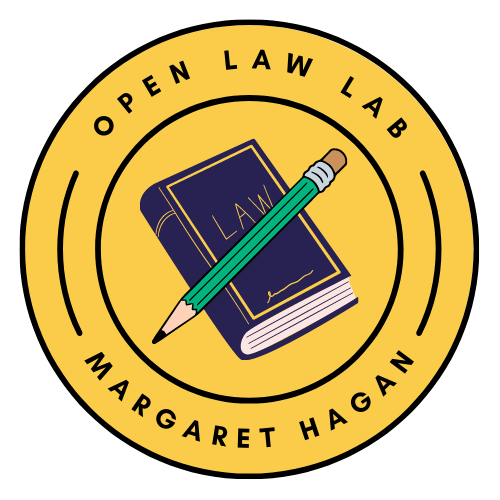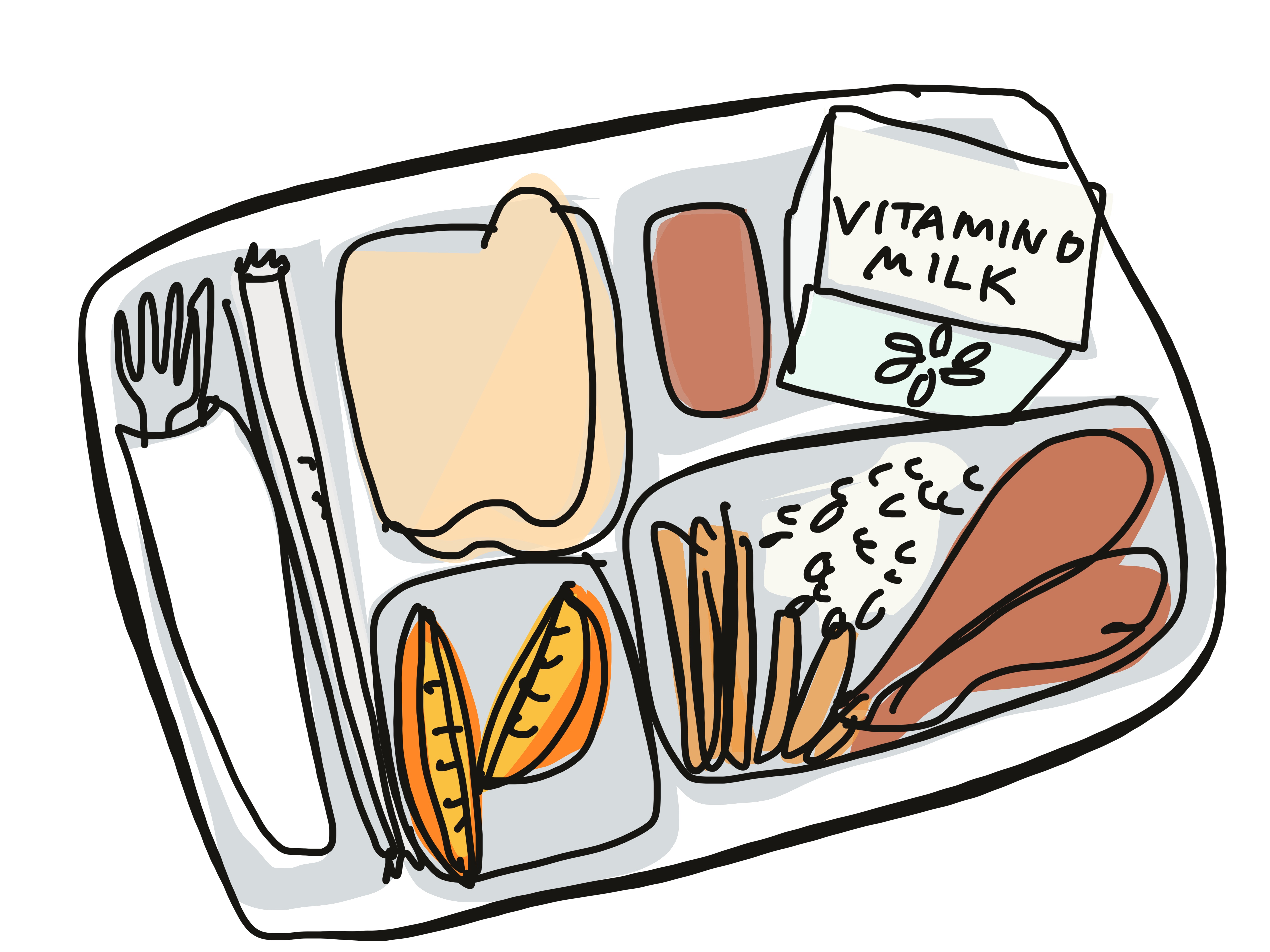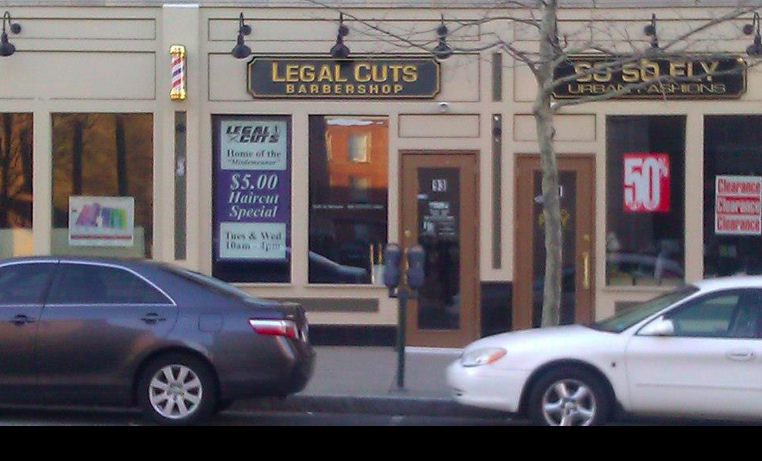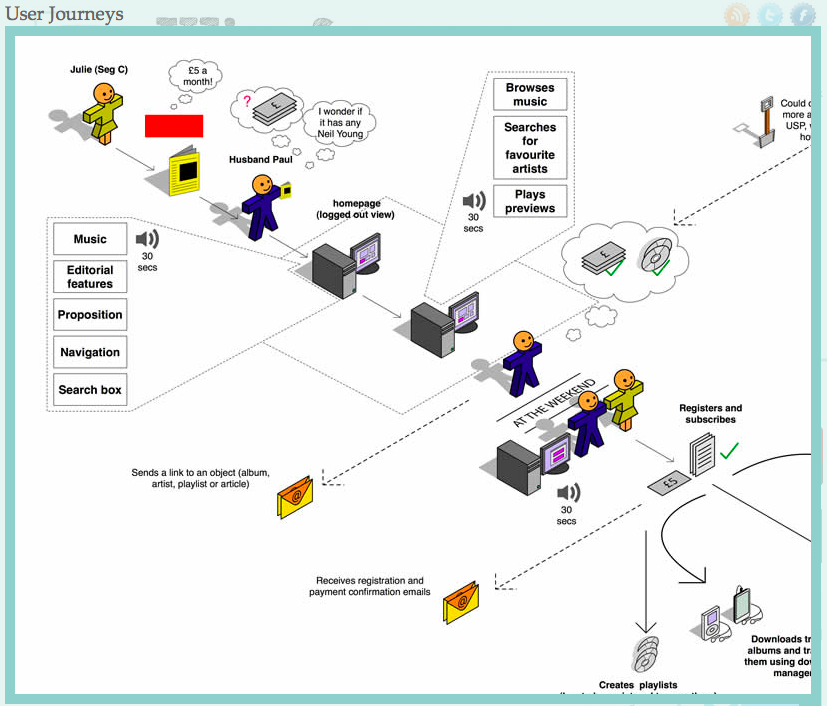A few weeks ago, I and a few of my students from Stanford participated as volunteer designers at a weeklong sprint in San Francisco — to improve how school lunches are served, presented, and engaged with by students.
You can see a full write-up of the design sprint here, by lead designer Kursat Ozenc, where you can read about why the school district struggles to get students who have access to free food to actually eat and benefit from it.
Participating in a non-legal design sprint is a great opportunity to reflect on similarities with the services and systems that we are immersed in as lawyers. The question that the sprint was oriented around, “Why do students choose hunger over free food”, resonated with our access to justice challenges — “Why do people choose not to use the legal system and/or lawyers to deal with their legal problems?”
What can we learn about courthouse and legal aid design, from school cafeteria and lunch line design? For one, we learned quite a bit about how to think in terms of system-users: that even the system-providers offer lots of resources that can fulfill a person’s needs (like, say, free lunch in your school’s cafeteria), all kinds of social and personal factors may direct a person away from actually using these resources (they don’t take or eat the lunch).
So much about giving people help — in schools, in courts, or in other venues — is about the help is framed, and how people encounter it. As we learned in this design sprint, you can make resources more attractive by making them seem more customized, more local, and where people are.
Showing ‘care’ is key — and that means a culture of the service-providers that is profoundly oriented towards helping people, and to solving their problems. It means investing in front-line staff resources, training, and support to make sure that people who are helping people through the service are happy, caring, and thoughtful.
Another big lesson from the sprint was the model of the sprint itself. It was a pro bono effort, with designers and policy-makers coming from the government, private companies, and universities. We hope to run similar collaborative, pro bono sprints on legal issues in the future. Just like we held this sprint in cafeterias and government offices, we might hold legal ones in courthouses, legal aid offices, and administrative offices of court. Stay tuned!










